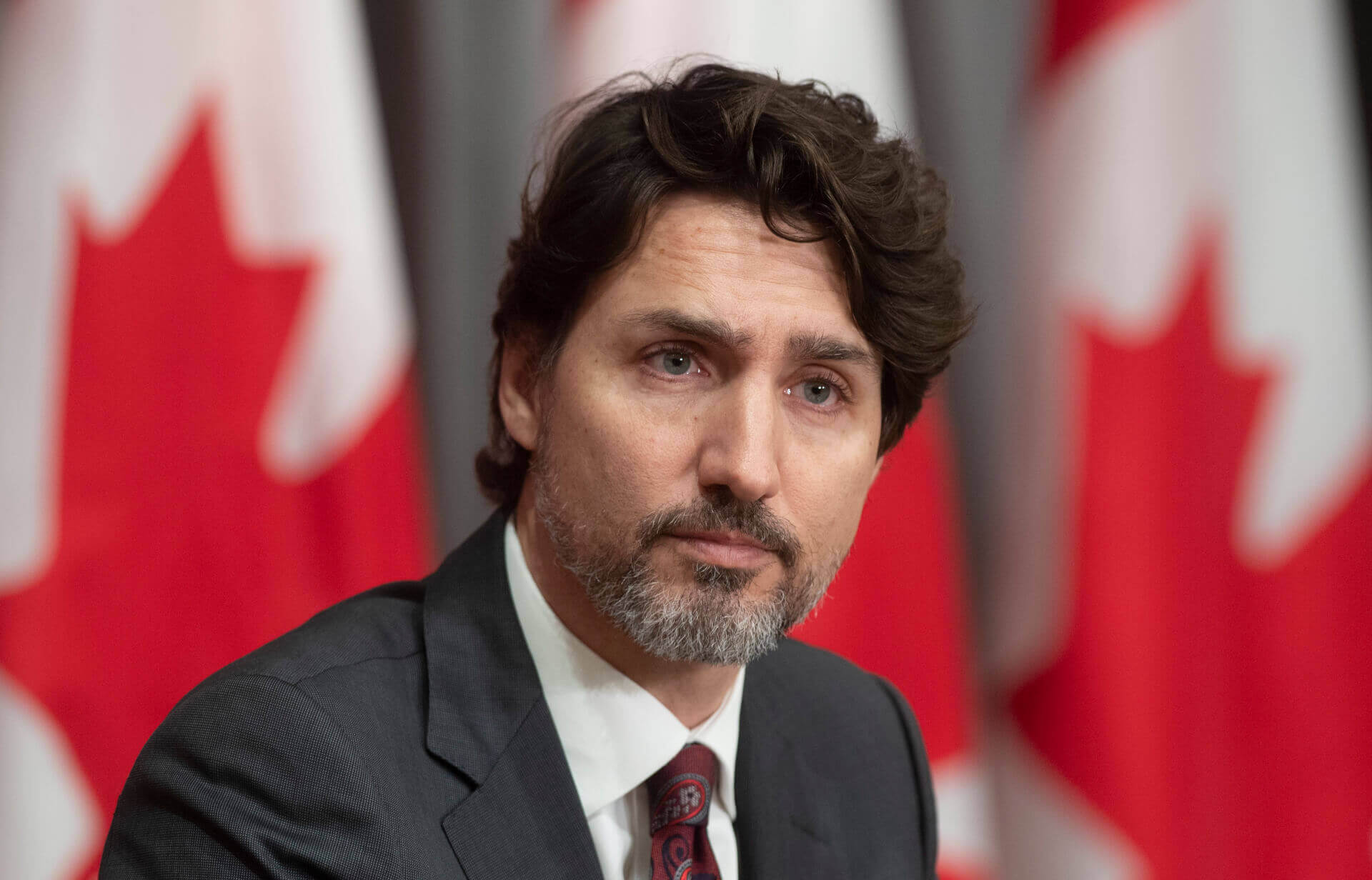On Friday, Canadian PM Justin Trudeau announced an immediate ban on about 1,500 types of military-grade ‘assault-style’ weapons. The move comes in the wake of the deadliest mass shooting in Canadian history, which took place on April 18 over 13 hours in Nova Scotia, killing 22 people.
While it is definitely a welcome legislation, some have argued that it does not go far enough. The ban currently includes mortars, rocket launchers, and artillery, but not handguns, which account for the majority of police-reported violent crimes in the country. The ban has also faced criticism for not being aggressive enough, as it does nothing to curb the smuggling of illegal weapons from the United States, or strengthen jail sentences for gun crimes, and instead targets legal gun owners.
Trudeau has defended the plan, and promised to work towards legislation addressing concerns regarding the border, gun storage, and handguns “when Parliament allows”, thus not giving any timeline for when such measures could be introduced. Under the current provisions, he has said that there will be a 2-year amnesty period to allow people who already own firearms to comply with the ban. Trudeau has also vowed to pass legislation to provide them with “fair compensation”.
Unlike its next-door neighbor, Canadian lawmakers have much more leeway to impose such measures. There is no powerful gun lobby in the country that anywhere close to the size of the National Rifle Association (NRA), and Canadians do not have a constitutional right to bear arms.
According to a poll released this week by Angus Reid Institute, 4 in 5 Canadian citizens support the complete ban on civilian possession of assault-style firearms. However, with a relatively porous border and limited interdiction capabilities across the 4,000-mile frontier, whether this policy will make Canadians feel much safer remains to be seen.
Image Source: Maclean’s
Trudeau Bans 1,500 Types of ‘Assault-Style’ Firearms
The move comes in the wake of the deadly mass shooting in Nova Scotia on April 18.
May 4, 2020

